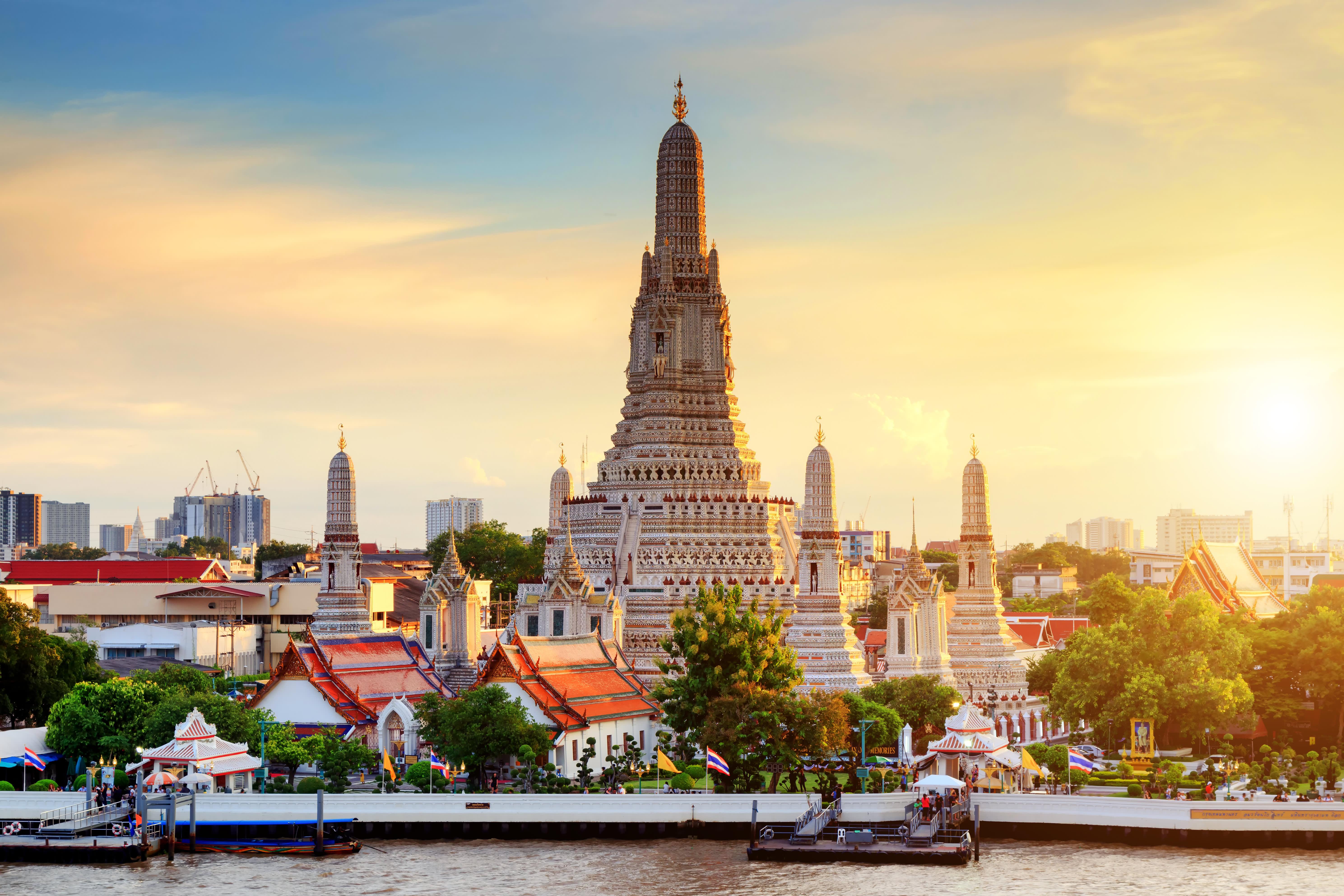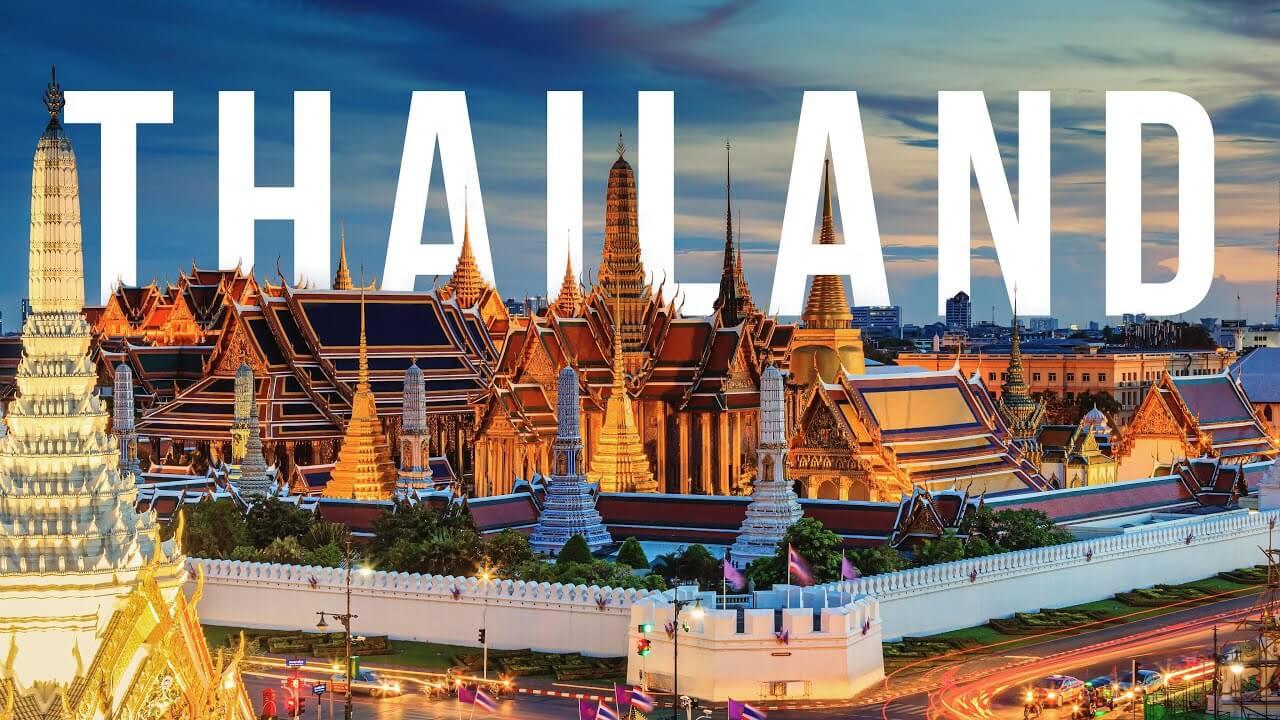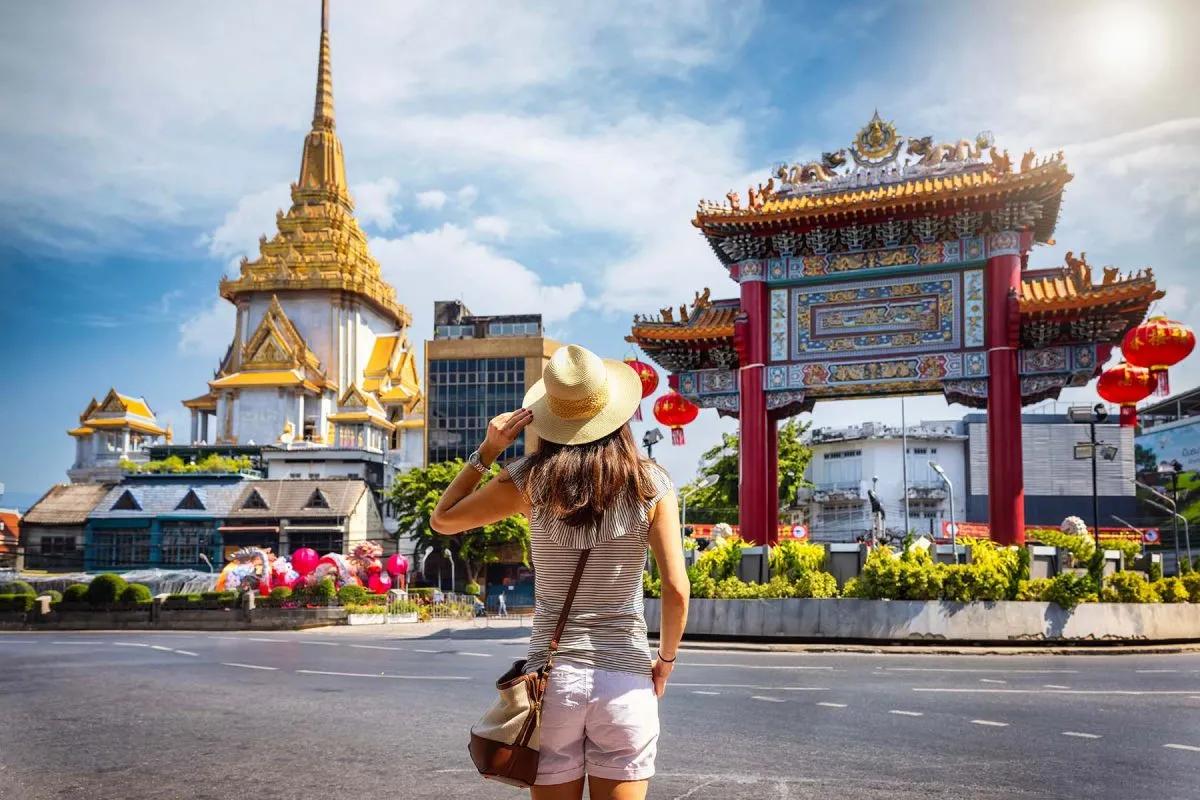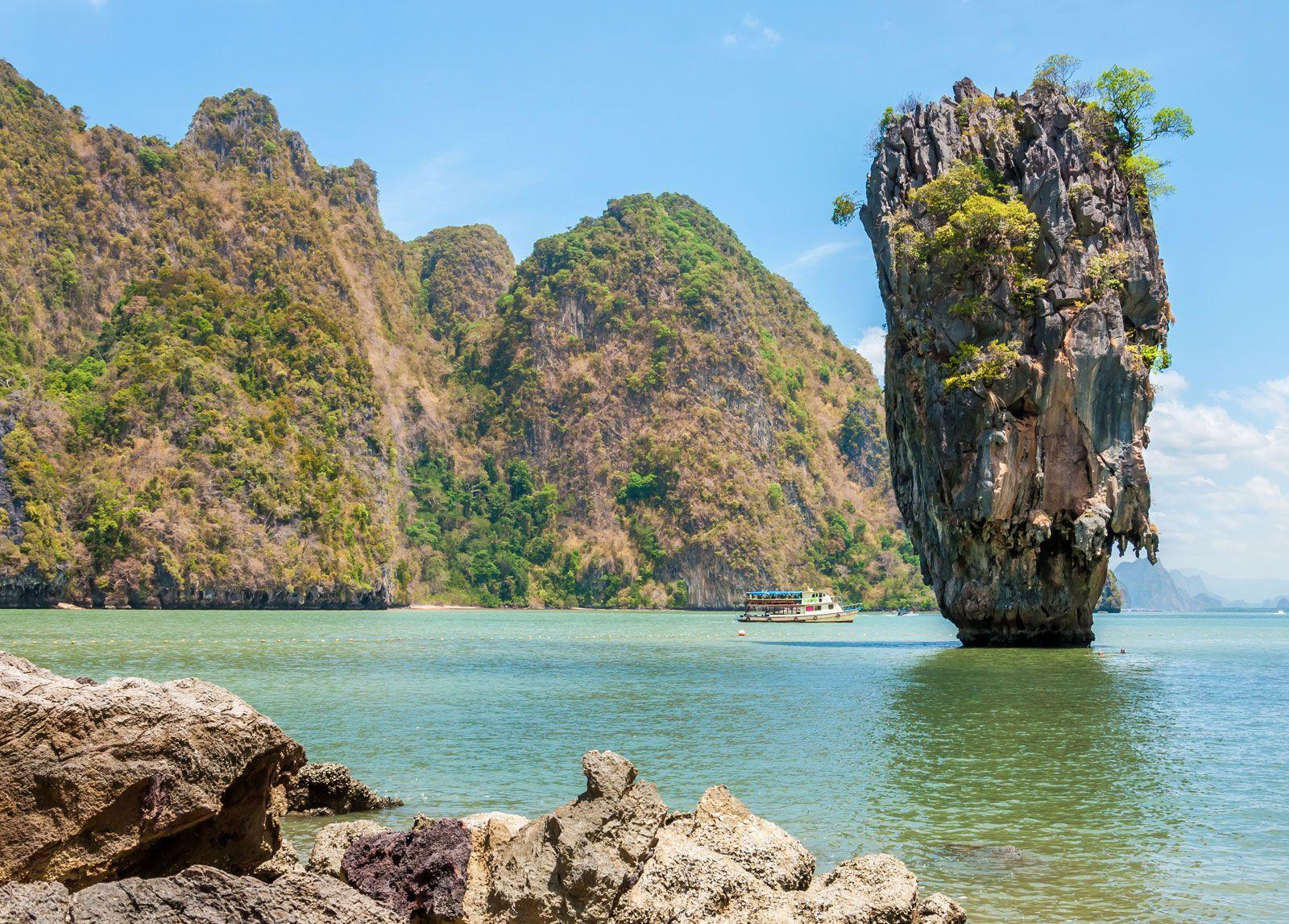Thailand’s Tourist Ban on Cambodia: Analyzing the Underlying Border Dispute
The recent prohibition of tourists traveling from Thailand to Cambodia underscores the growing tensions stemming from a long-standing border dispute. This decision has been met with a mixture of surprise and resignation among the travel community, as many were looking forward to exploring the cultural and ancient offerings of Cambodia. The Thai government has cited *security concerns and escalating territorial claims* as primary reasons for the ban,reflecting deeper nationalistic sentiments that have historically underpinned the relationship between the two nations. In addition, diplomatic channels have struggled to resolve issues surrounding contested border areas, notably in regions rich in natural resources.
Key factors contributing to the ongoing conflict include:
- Historical Claims: Both nations assert rights over certain territories based on historical precedents.
- Resource Disputes: The competition for natural resources, especially in border regions, heightens tensions.
- Cultural Heritage Sites: Disputes over significant archaeological sites have fueled frustrations on both sides.
- Political maneuvering: Domestic politics often influence leaders to adopt a tough stance on border issues to gain public support.
As the situation evolves, the effects of the tourist ban will resonate beyond just the immediate travel industry, potentially impacting economic exchanges and bilateral relations as a whole. Observers are now left to ponder how this diplomatic deadlock will play out in the months to come, with regional stability hanging in the balance.

Impact on Local Economies: How the Ban Affects Communities on Both Sides
The recent ban on tourist crossings from Thailand to Cambodia has sent ripples through the local economies of both nations, reshaping the landscape of commerce and community interaction. For many towns along the border, the influx of visitors from Thailand has been a lifeline, providing much-needed revenue for small businesses and boosting local employment. the abrupt halt to this economic interchange has left many local enterprises, such as street vendors, small hotels, and market stalls, struggling to cope with the sudden loss in clientele. As a outcome, businesses have started to mandate cost-cutting measures, leading to potential layoffs and closures, ultimately stifling economic growth and community resilience in these border towns.
conversely, the Cambodian communities that depend on Thai visitors are finding themselves at a crossroads. For some, the ban presents an opportunity to invest in local tourism infrastructure and diversify their economy beyond dependence on cross-border travelers. initiatives focused on promoting local culture and authentic experiences may emerge, potentially leading to a rebirth of local pride. However, the challenge remains significant. Many local residents, accustomed to the economic ebb and flow brought by tourist activity, may not be equipped to pivot quickly enough. This dynamic juxtaposition reflects the broader implications of the ban on livelihoods, as both sides grapple with the need to navigate an uncertain economic future exacerbated by geopolitical tensions.

Navigating Travel Alternatives: Recommendations for Tourists and Stakeholders
As the ongoing border dispute between Thailand and Cambodia intensifies, tourists who planned to explore Cambodia from Thailand are left seeking alternative options. Visitors can consider embarking on cultural excursions within Thailand to satisfy their travel cravings. The following alternatives can enhance their experience while ensuring they remain within safe geographical boundaries:
- Visit National Parks: Explore Thailand’s stunning natural landscapes, such as Khao Sok national Park, with its lush rainforests and diverse wildlife.
- Discover Historical Sites: Explore ancient temples like Wat Phra Kaew in Bangkok or the ruins at Ayutthaya, embracing Thailand’s rich history.
- Enjoy Island Hopping: Opt for the gorgeous islands of Phuket, Koh Phi Phi, or Koh Samui for a mix of relaxation and adventure.
For stakeholders in the tourism industry, adapting to these developments is crucial. Encouraging tourists to engage with local culture can transform this challenge into an opportunity. Travel agencies should consider the following strategies to enhance their offerings:
- Local Experiences: Curate packages that include cooking classes, local crafts workshops, and guided cultural tours.
- Flexible Booking Options: Offer adaptable travel plans that allow tourists to change their destinations without incurring hefty penalties.
- Collaborative Promotions: Partner with local hotels and restaurants to provide unique deals for tourists seeking alternative experiences.

prospects for Resolution: Diplomatic Efforts Amid Ongoing Tensions
Despite the current diplomatic stalemate, there are glimmers of hope for a resolution to the ongoing border dispute between Thailand and Cambodia. Both nations have historically relied on negotiation to address territorial disagreements, and this situation appears no different. Recent discussions indicate that high-level meetings between officials from both sides are being planned to foster dialog and address border security concerns. These talks could potentially pave the way for mutual agreements that ease tensions and restore travel and trade across the border.
Several key factors could influence the success of these diplomatic efforts:
- International Mediation: Involving neutral third-party nations or organizations may help facilitate dialogue and propose compromises.
- Public Sentiment: Positive public perception regarding peace initiatives can encourage governments to pursue diplomatic avenues rather than militaristic standoffs.
- Tourism Impact: The economic repercussions of border tensions, especially on tourism, might push both countries to prioritize resolution efforts to revive cross-border travel.
